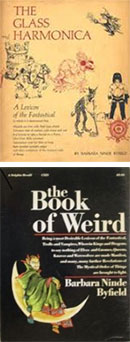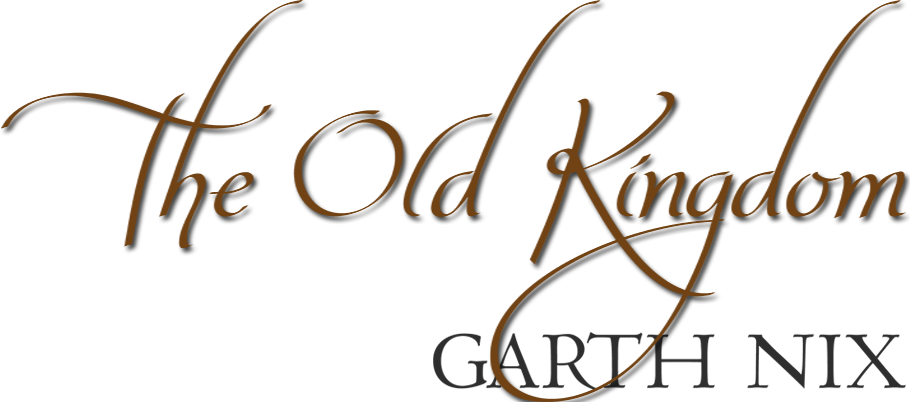THREE INSPIRATIONAL NON-FICTION BOOKS FOR FANTASY WRITERS
Garth Nix
The seed of a story can be found anywhere, sometimes as easily as seeing something outside your window or overhearing a conversation. It is a bit of standard advice to "write what you know", but to my mind that really should be expanded upon to explain that what you know doesn't just mean what you have personally experienced. Vicarious experience, from reading, from watching films and television, from listening to other people — this is all part of "what you know".
Some non-fiction books are particularly good at providing curious pieces of information that can form the seed of a story, or be useful ingredients to help make a story richer and more interesting. I particularly like old encyclopaedias and reference works, but there are three books I find particularly inspirational and interesting.
Brewer's Dictionary of Phrase and Fable
Where else, opened at random, might you find an entry on "Burkers. Body-snatchers; those who kill by burking" or the rules for the playing of the card name known as "Gleek" or that a "Jeremy Diddler" is someone adept at raising money on false pretences. The older editions are the most interesting, my favourite is a Cassell two volume set from 1898. You can also look it up online.
A Dictionary of Chivalry by Grant Uden, illustrated by Pauline Baynes
This wonderful compendium of all things medieval is chock-full of interesting details about armour, weapons, castles, significant historical figures and so on, but is made extraordinary by the wonderful illustrations of Pauline Baynes, which feature on every page. Baynes is probably best known for illustrating the original editions of the Narnia books, but her work in the Dictionary of Chivalry is even better, if that were possible. It is out of print, but there are usually quite a few second-hand copies available.
 The Book of Weird or The Glass Harmonica by Barbara Ninde Byfield
The Book of Weird or The Glass Harmonica by Barbara Ninde Byfield
Originally published as The Glass Harmonica, later re-released as The Book of Weird, I read about this book when I was 10 or 11 in a piece by author Andre Norton, but wasn't able to find a copy for many years. This charming and idiosyncratic book is subtitled "A Lexicon of the Fantastical. In which it is determined that: Wizards see best with their eyes closed; Torturers reek of mutton, cold sweat and rust; It is Unwise to take a Herald on a Picnic; Like Owls, Bells comment; Apprentices cost but little to keep: Bats consider sunlight vulgar, and other revelations of the mystical order of things . . ."
Illustrated by the author, the book begins at "A" with entries on advisors, including soothsayers, fortune-tellers and oracles, and concludes not at "z' but with appendices on weights and measures, simples, specifics and sovereign remedies, including things like the prevention of scorpion bites (wear forget-me-nots).
Also out of print, but second-hand copies are readily available, particularly of the later paperback The Book of Weird. However, if you can find one, the original hardcover is a larger format and a more attractive book.

